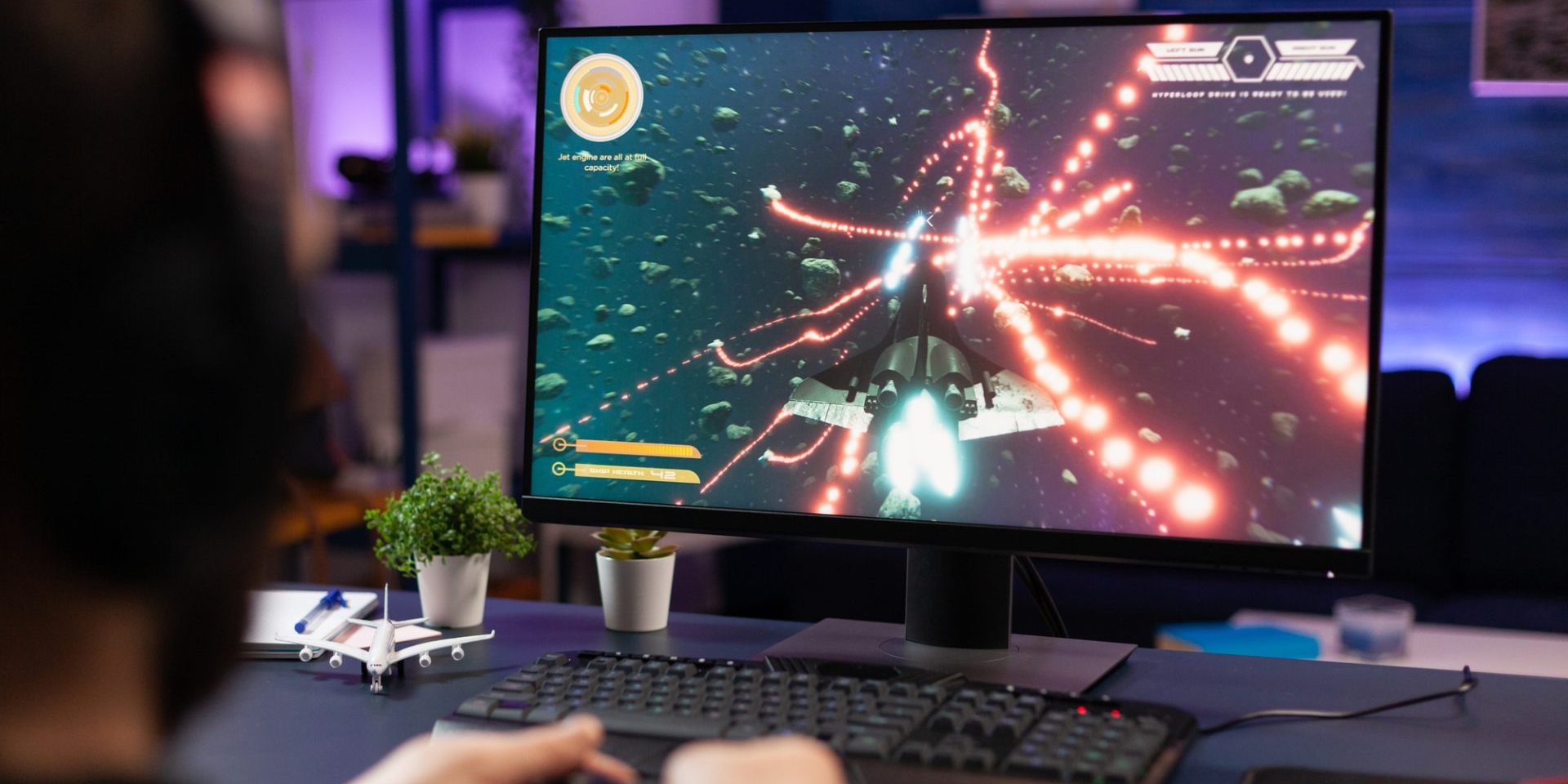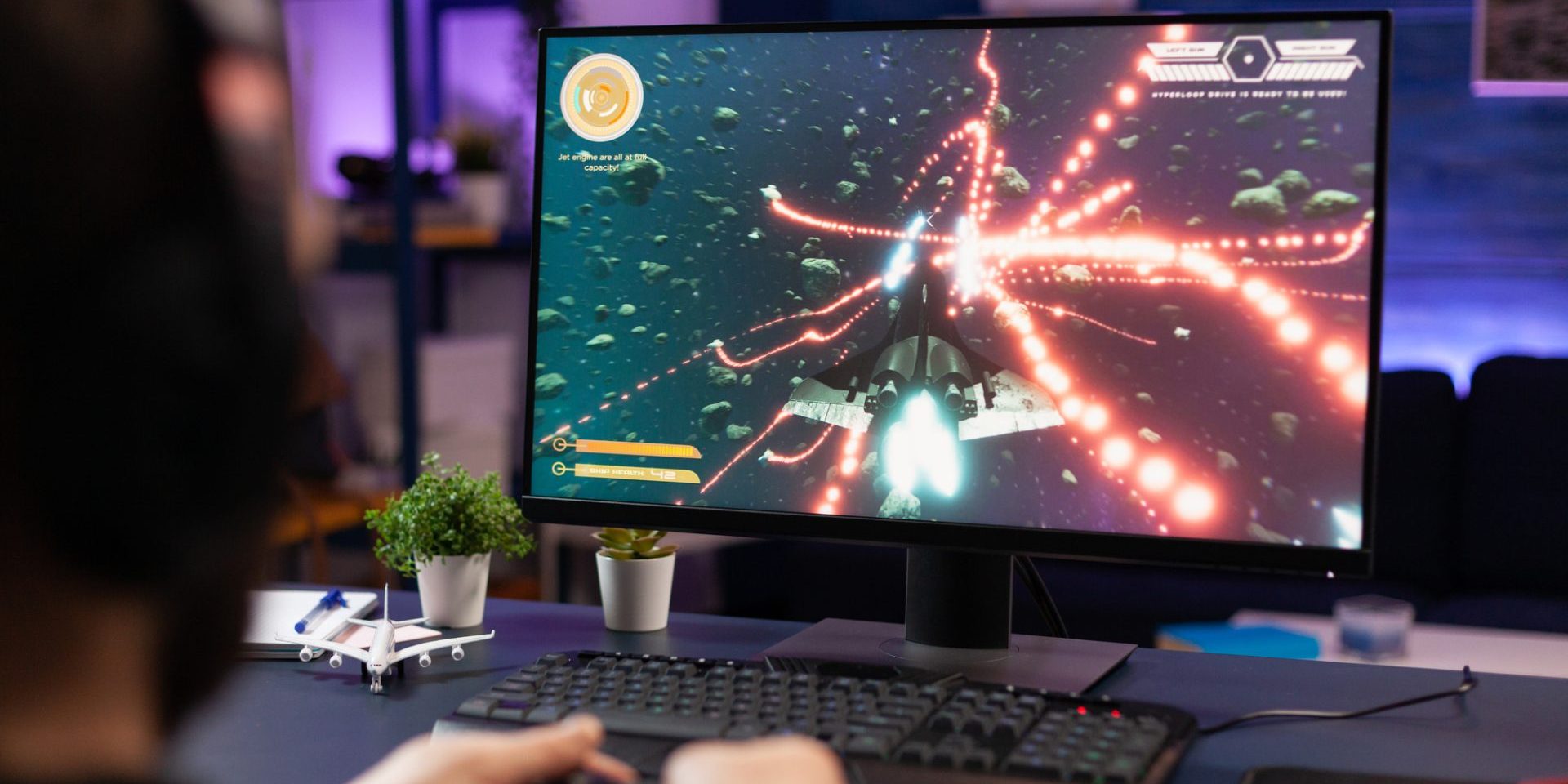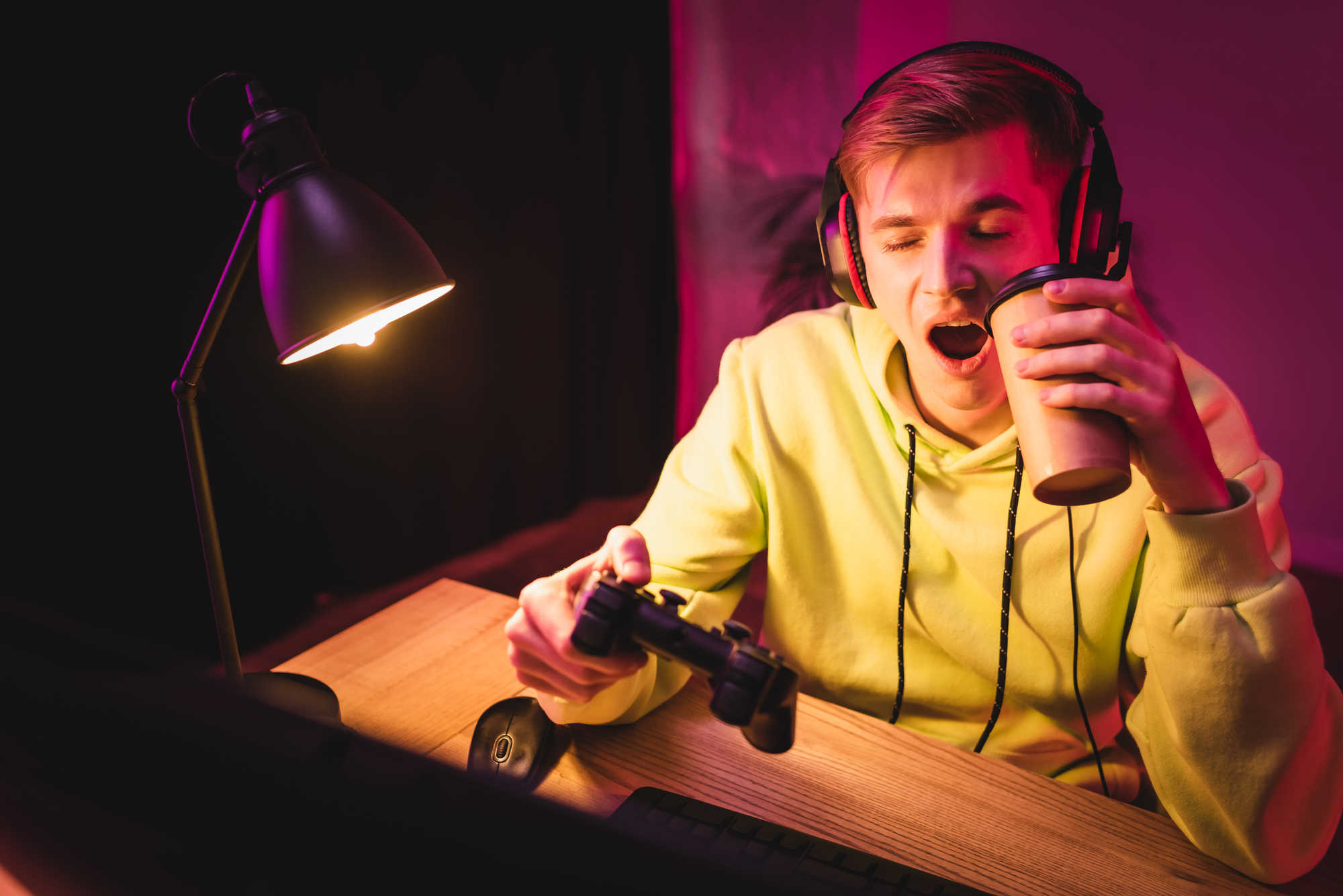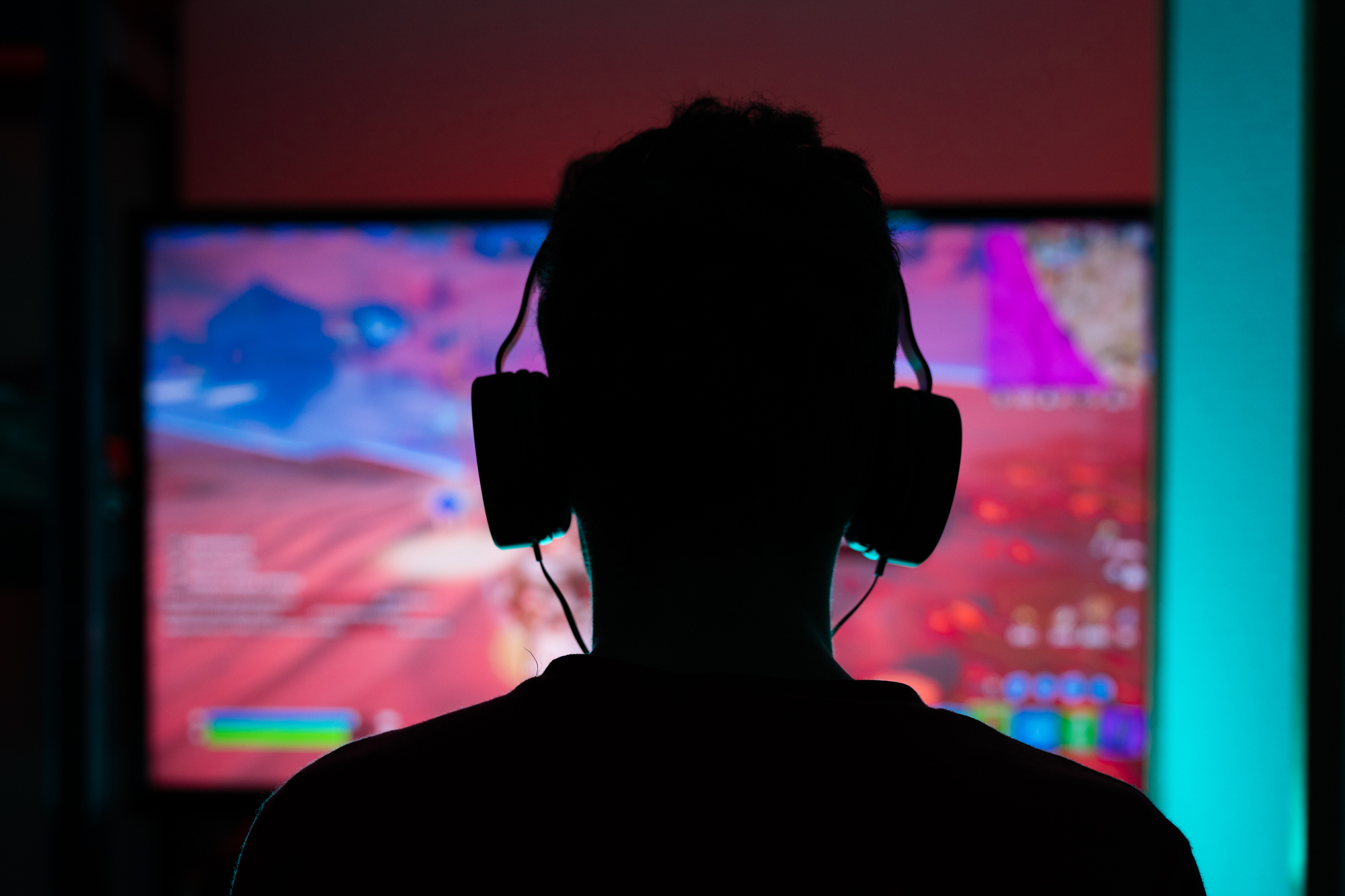

Video games have become a significant part of modern entertainment, captivating millions of players worldwide. The science behind their appeal goes beyond flashy graphics and engaging storylines. Positive reinforcement plays a crucial role in keeping players motivated and coming back for more.
Game developers use various techniques to reward players for their actions and progress. These rewards can take many forms, such as points, achievements, or unlocking new content. The psychological impact of these rewards taps into the brain’s pleasure centers, releasing dopamine and creating a sense of accomplishment.
Research has shown that well-designed reward systems in games can improve players’ mood, increase their engagement, and even enhance cognitive skills. The gaming industry continues to refine these techniques, creating increasingly sophisticated positive reinforcement mechanisms that keep players hooked while potentially offering benefits beyond entertainment.
Conceptual Foundations of Positive Reinforcement in Gaming
Positive reinforcement in gaming draws on psychological principles to enhance player motivation and enjoyment. This approach leverages rewards and feedback to encourage desired behaviors and foster engagement.
Understanding Positive Reinforcement
Positive reinforcement involves presenting a stimulus to increase the likelihood of a behavior recurring. In gaming, this often takes the form of rewards, points, or achievements. Players receive these incentives after completing specific actions or reaching certain milestones.
The timing and frequency of rewards play a crucial role in their effectiveness. Game designers use various schedules to maintain player interest. Fixed ratio schedules provide rewards after a set number of actions, while variable ratio schedules offer rewards at unpredictable intervals.
Effective positive reinforcement in games aligns rewards with player goals and preferences. This alignment strengthens the connection between desired behaviors and positive outcomes, encouraging continued engagement.
Psychology Behind Player Motivation and Behavior
Gaming taps into fundamental psychological needs, driving player motivation and behavior. Self-determination theory identifies three key needs: autonomy, competence, and relatedness.
Autonomy in games allows players to make meaningful choices and feel in control. Competence relates to mastering skills and overcoming challenges. Relatedness involves social connections and interactions within the game world.
Games satisfy these needs through:
- Meaningful choices and personalization options
- Skill progression systems and achievable challenges
- Social features and multiplayer interactions
By addressing these psychological needs, games create engaging experiences that keep players coming back for more.
Positive Psychology and Gaming
Positive psychology focuses on factors that contribute to well-being and flourishing. This approach has found applications in game design, aiming to create experiences that promote psychological growth and enjoyment.
Games can foster positive emotions through:
- Flow states: Balancing challenge and skill to create immersive experiences
- Achievement: Providing clear goals and recognition for accomplishments
- Social connection: Facilitating meaningful interactions between players
By incorporating elements of positive psychology, games can go beyond entertainment to support player well-being and personal growth. This approach aligns with the broader trend of using games for educational and therapeutic purposes.
Positive Reinforcement Mechanics in Games
Game developers utilize various positive reinforcement techniques to enhance player engagement and enjoyment. These methods tap into psychological principles to create rewarding experiences that keep players coming back for more.
Reward Schedules and Gaming Engagement
Game designers implement different reward schedules to maintain player interest. Fixed ratio schedules provide rewards after a set number of actions, while variable ratio schedules offer unpredictable rewards. This variability can increase excitement and motivation.
Many games use a combination of short-term and long-term rewards. Quick achievements provide instant gratification, while larger goals give players something to work towards over time. This balance helps sustain engagement across play sessions.
Leaderboards and social comparisons serve as additional motivators. Players often strive to improve their ranking or surpass friends’ scores, driving continued participation.
Role of Emotion Regulation and Rewards
Positive reinforcement in games can influence players’ emotional states. Well-timed rewards release dopamine, creating feelings of pleasure and accomplishment. This neurochemical response encourages players to repeat rewarded behaviors.
Games often incorporate visual and auditory cues to amplify emotional responses to rewards. Bright colors, celebratory sounds, and animations enhance the impact of achievements, making them more memorable and satisfying.
Developers can use rewards to help regulate player emotions during challenging sections. Providing encouragement or small bonuses after failed attempts can prevent frustration and maintain motivation.
Cognition and Positive Reinforcement
Positive reinforcement in games can enhance cognitive processes. Rewards for problem-solving or strategic thinking reinforce these mental skills, potentially improving players’ abilities over time.
Some games use adaptive difficulty systems that adjust challenge levels based on player performance. This approach helps maintain an optimal balance between frustration and boredom, keeping players in a state of flow.
Learning curves in games often incorporate frequent positive feedback early on. This builds players’ confidence and competence, preparing them for more complex challenges as they progress.
Impacts of Positive Reinforcement on Player Experience
Positive reinforcement in gaming affects players’ cognitive abilities, emotional well-being, and social interactions. These elements contribute to an enhanced gaming experience and can extend benefits beyond gameplay.
Enhancement of Cognitive and Emotional Skills
Positive reinforcement in games strengthens cognitive functions. Players often see improvements in problem-solving, decision-making, and strategic thinking. Games that reward quick reactions can boost reflexes and hand-eye coordination.
Emotionally, players develop resilience through overcoming challenges. Success prompts the release of dopamine, creating feelings of accomplishment. This cycle builds confidence and improves emotional regulation.
Games incorporating gradual difficulty increases help players develop patience and persistence. These skills often transfer to real-life situations, aiding personal growth.
Influences on Mental Health and Well-Being
Gaming with positive reinforcement can reduce stress and anxiety. The focus required during gameplay provides a mental break from daily worries, acting as a form of relaxation.
Achievement in games boosts self-esteem and mood. Regular positive feedback creates a sense of progress and competence. This can be especially beneficial for individuals struggling with depression or low self-worth.
However, balance is key. Excessive gaming might lead to addiction or neglect of other life areas. Moderation and awareness of gaming habits are essential for maintaining overall well-being.
Social Interactions and Community Building
Multiplayer games foster social connections through shared experiences. Positive reinforcement in team-based games encourages cooperation and communication skills. Players learn to work together towards common goals, developing leadership and teamwork abilities.
Online gaming communities provide social support and a sense of belonging. Players form friendships based on shared interests, which can combat feelings of isolation.
These social interactions can improve social skills applicable in real-life situations. Players often report increased comfort in social settings and improved ability to initiate conversations outside of gaming contexts.









